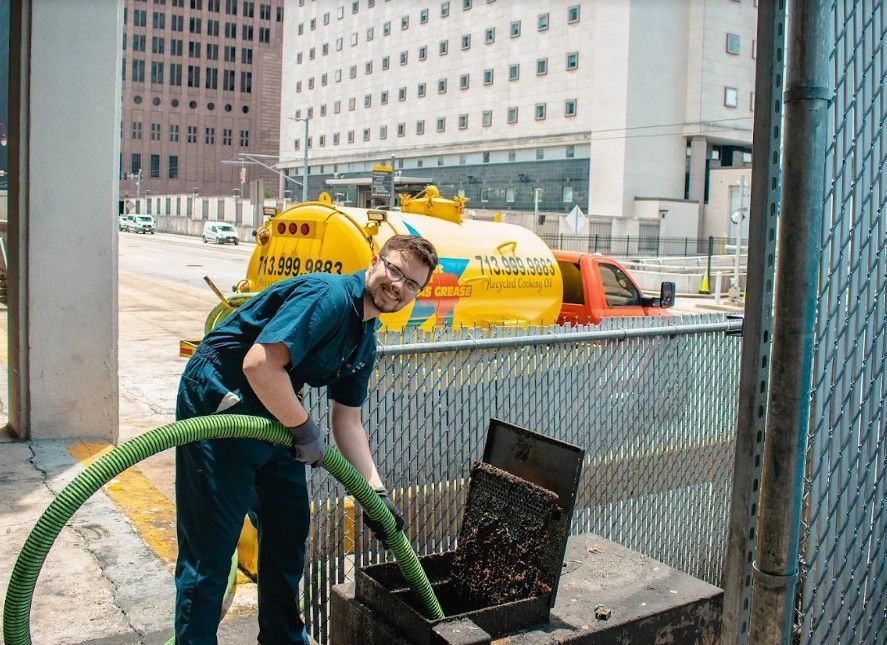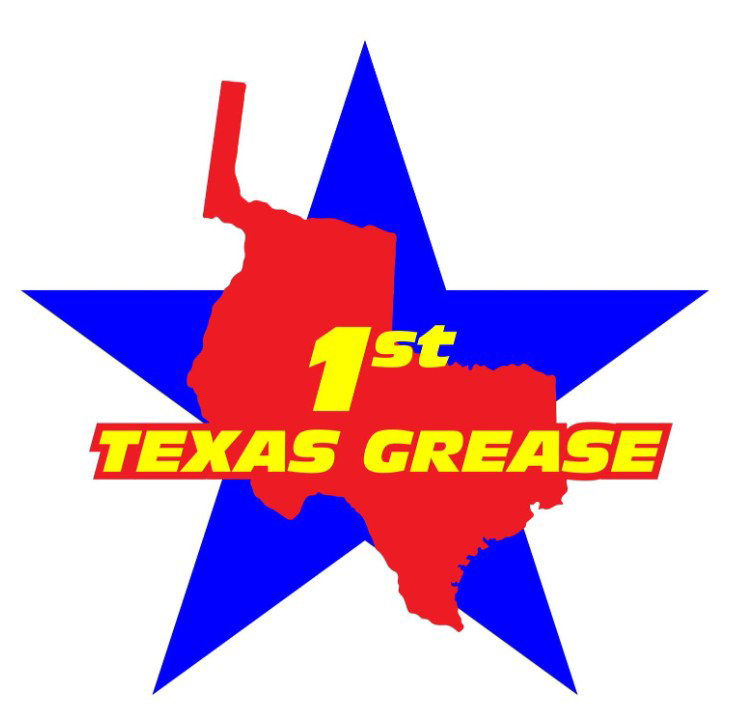Grease Trap Services
Houston, TX, and All Surrounding Areas
Same-Day & Emergency Service Available
Over 13 Years of Industry Experience
Reliable & Respectful Service
Request Lorem Epsom
Hero Request Form
Thank you for contacting us.
We will get back to you as soon as possible.
Please try again later.
Reliable Grease Trap Services for Houston Businesses
Since 1994, First Texas Grease has been the go-to name for grease trap services in Houston, TX, and surrounding areas. Our family-owned company brings over 13 years of experience to provide efficient solutions for all your grease trap needs. We recognize the importance of well-maintained grease traps in your business operations and offer tailored services for restaurants, commercial kitchens, and food service establishments across Houston, TX, and surrounding areas.
Our skilled technicians are dedicated to delivering outstanding service, keeping your grease traps in top shape and compliant with local regulations. We offer flexible scheduling, including same-day service and round-the-clock emergency assistance, to minimize business interruptions. We also provide cooking oil rebates and eco-friendly recycling and disposal services. For dependable and prompt grease trap services in Houston, TX, and surrounding areas, reach out to First Texas Grease today.
Why Choose First Texas Grease
24/7 Emergency Service
Reliable Service
Rebates on Cooking Oil
Local and Family-Service
Since 1994
Same-Day Quick Service

Grease Trap Cleaning
Regular grease trap cleaning is crucial for a clean and efficient kitchen. Our professional cleaning removes built-up fats, oils, and grease (FOG) from your traps, preventing bad smells and potential health code issues. We offer flexible scheduling to fit your business hours and minimize disruptions.
Grease Trap Pumping
First Texas Grease offers effective grease trap pumping to remove waste and keep traps working well. We use advanced equipment to thoroughly extract grease and debris, lowering the risk of clogs and sewer backups. We also recycle and dispose of cooking oil in an eco-friendly way.
Here's what our satisfied customers are saying...
At First Texas Grease, we take pride in providing exceptional grease trap services to our customers. We would be grateful if you could share your thoughts about our business with others. Your feedback helps us improve and helps others make informed decisions. Please take a moment to leave a review of First Texas Grease and let others know what you think.
